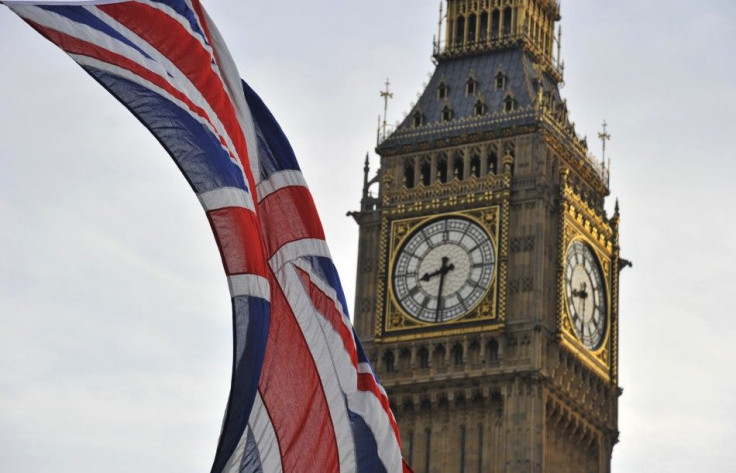Britain Will Impose Cash Bond Worth 3,000 Pounds For Every Visa For Visitors From Six Commonwealth Nations In Asia, Africa

Britain will go ahead with a plan aimed at curbing illegal immigration by imposing a cash bond worth 3,000 pounds ($4,600) each on visas for visitors belonging to six of its former colonies in Asia and Africa, Britain’s Home Office said, on Monday, despite heavy criticism from the shortlisted countries.
The Home Office, in a statement issued in June, had named India, Pakistan, Bangladesh, Sri Lanka, Nigeria and Ghana as the countries that would be covered under the plan.
The scheme, which Britain said is a pilot to “test the effectiveness of bonds as deterrent against visa abuse,” will run for 12 months starting in November, and could be expanded later to cover all types of visas and other countries.
“The pilot will apply to visitor visas, but if the scheme is successful we'd like to be able to apply it on an intelligence-led basis on any visa route and any country,” Britain’s home secretary, Theresa May, told Financial Times in June.
Britain’s clampdown on visa abuse comes at a time when the U.S. Congress is considering a landmark immigration reform bill, which if passed, would slap higher visa fees on Indian outsourcing firms that depend heavily on temporary visas to bring workers into the U.S., and disrupt their business model.
The British Home Office said children under 18 years will be exempt from the rule, and that the bond payment will be refunded if the visitor returns home within the timeframe mandated by their visa.
India’s commerce and industry minister, Anand Sharma, who visited UK in late June for talks on trade and investment, had expressed “serious concerns” over proposals to categorize India as a high-risk country and subject its citizens to cash bonds on visa applications, according to a statement issued at the time by the High Commission of India in London.
When reports of Britain’s plan to impose cash bonds emerged last month, Nigeria’s foreign minister, Olugbenga Ashiru, during a meeting with the British High Commissioner to Nigeria, Andrew Pocock, expressed “displeasure,” describing the policy “as not only discriminatory but also capable of undermining the spirit of the Commonwealth family,” Agence France-Presse reported.
The cash bonds, which have caused outrage in government circles and among the public in the targeted countries, have also led to allegations of racism, with The Hindu, an Indian newspaper, remarking in June that the “move is targeted only at people from non-white Commonwealth countries as part of the Tory-led government’s resolve to drastically cut down on immigration levels.”
In the southern Pakistani city of Karachi, businessman Syed Shahid Ali, who visits Britain frequently, told Associated Press that the cash bond causes inconvenience and is “painful.”
“How can someone who wants to visit the U.K. for a couple of days for business meetings or something else afford to set aside 3,000 pounds,” he said, adding foreign visitors may move their businesses elsewhere in Europe to avoid the cash bond.
A spokesperson for the British High Commission in the Indian capital, New Delhi, said in a statement issued in June, that the pilot scheme “will be designed in a way that does not cut across the UK’s wish to be open for business, students and tourists.”
© Copyright IBTimes 2024. All rights reserved.












